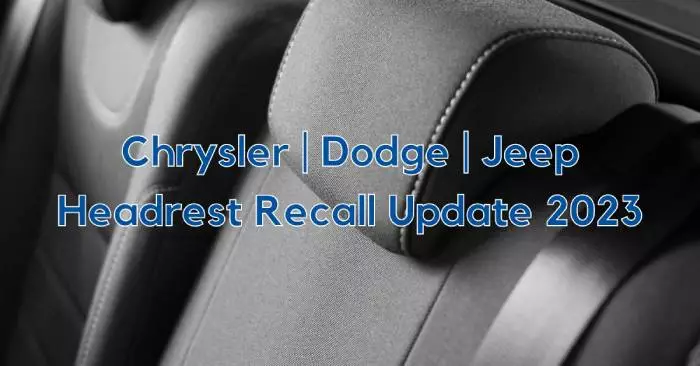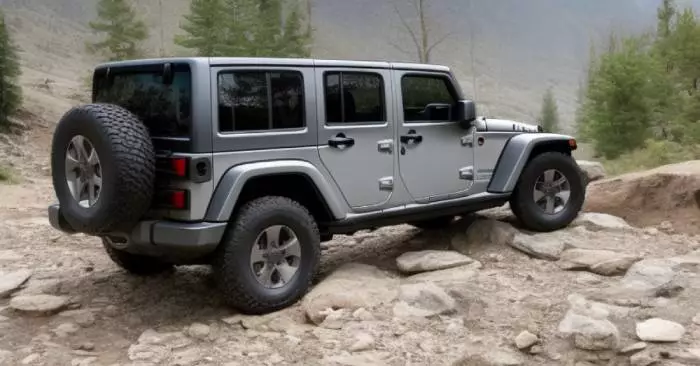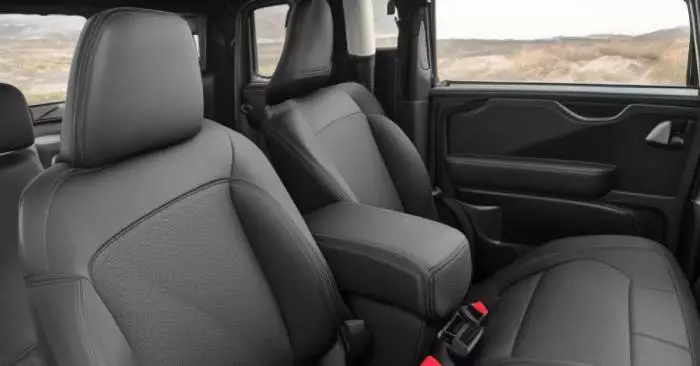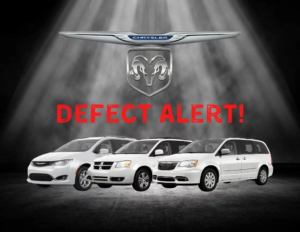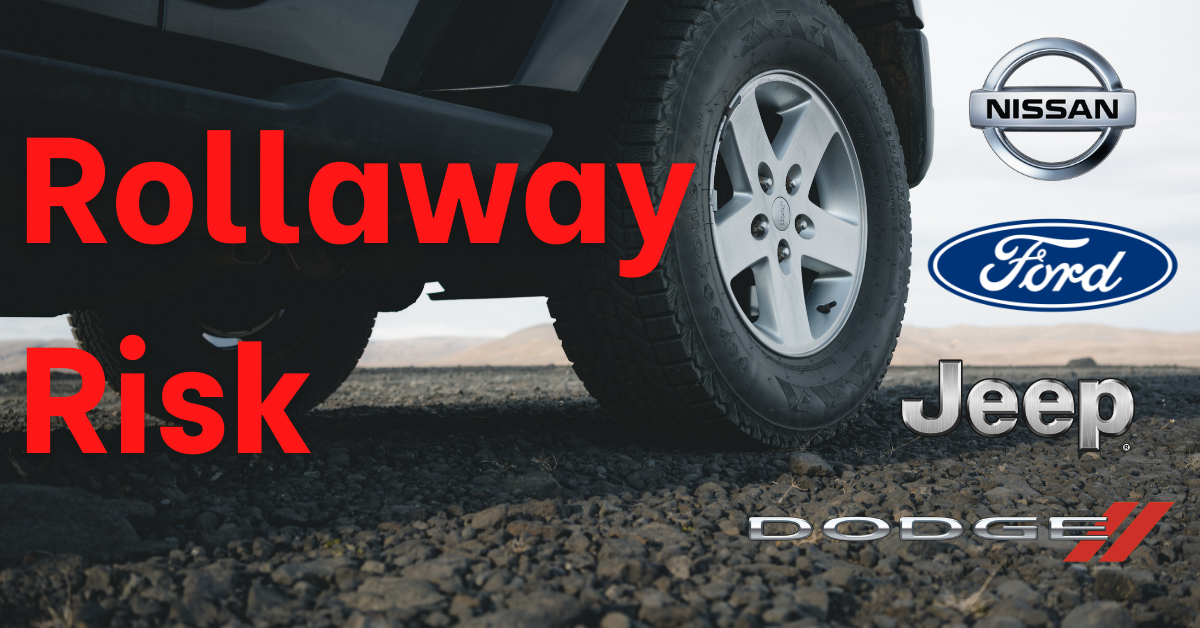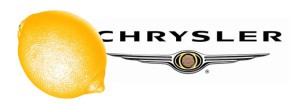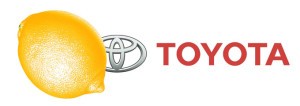The Chrysler Pacifica Hybrid has been the subject of several significant recalls in recent years. Earlier this year in January 2023, Chrysler announced a recall of more than 67,000 Pacifica Hybrid minivans spanning model years 2017 to 2023 due to a potential safety hazard.
The issue arises from an internal transmission wiring connector that may experience an electrical short, which can cause the engine to shut off suddenly while the vehicle is in motion. Though Chrysler has received 307 warranty claims and customer complaints related to the problem, there have been no reports of accidents or injuries so far.
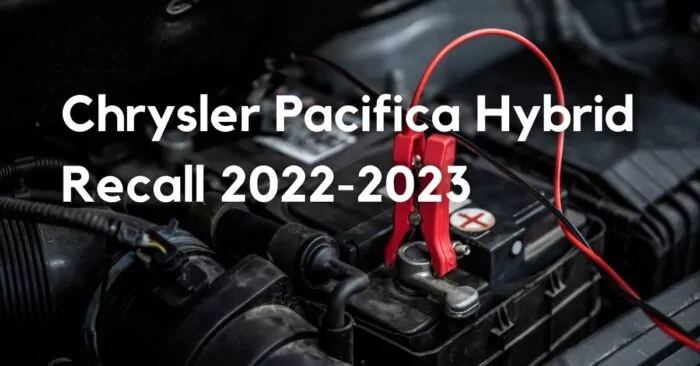
Chrysler Pacifica Hybrid Recall 2022
In February 2022, Stellantis recalled 19,808 Chrysler Pacifica Hybrid minivans due to fire risk. Following an internal investigation, the automaker discovered 12 fires in 2017 and 2018 Pacifica vehicles that could be linked to battery issues. All twelve vehicles were parked and turned off, while eight were connected to chargers. Stellantis says that it is not aware of any injuries or accidents related to this issue.
As a precautionary measure, Pacifica drivers were advised to refrain from charging their vehicles and to park them far away from other vehicles or structures until the issue could be resolved. Stellantis announced that it will be replacing the affected battery components at no cost to the affected customers. The company also urged Pacifica owners to contact their dealer or Stellantis customer service for further information and to schedule a service appointment.
Months following the Pacifica recall, a Chrysler Pacifica Hybrid class action lawsuit was filed against Stellantis, in April 2022. The lawsuit accuses the auto manufacturer of knowingly producing and selling vehicles that are prone to catching on fire, an issue that has resulted in two recalls, the recall in 2022 and a recall in June 2020 which also followed reports of vehicle fires in 2017-2020 Chrysler Pacifica Hybrids.
The recall blamed the fire issue on corrosion that affected the 12-bolt battery isolator posts close to the rear seats. The 2022 lawsuit also claims that Stellantis was negligent in its design, manufacturing, and testing of the Pacifica Hybrid, and that the automaker failed to provide adequate warnings or instructions to consumers about the fire risk.
What causes the Chrysler Pacifica battery issues?
The root cause for the battery issues in 2017-2018 Chrysler Pacifica vehicles has not been determined. Stellantis claims to have identified the conditions that may potentially precede a fire.
It is believed that the issue may be caused by a failure in Pacifica’s battery management system, which could lead to overcharging and overheating of the battery cells. The 2022 recall attributes the battery issues to corrosion that affects the rear isolator posts of the 12-bolt battery.
Chrysler Pacifica Hybrid Recall 2023
Chrysler parent company Stellantis has recalled about 76,000 2017-2023 model year Chrysler Pacifica Hybrid vehicles worldwide due to a possible issue involving the transmission wiring connector that can cause engine issues in affected vehicles. The recall fix will include involve both a power inverter software update and a potential update to the software of the instrument panel cluster, however, the auto manufacturer has not offered a date for the recall just yet.
What causes the 2023 Chrysler Pacifica Hybrid problem?
The issue related to the 2023 Pacifica Hybrid recall is caused by a defective wiring connector inside of the vehicle’s transmission. The transmission wiring connector can short-circuit, causing the vehicle to stall out or the engine to shut off.
Does Chrysler have a fix?
In September 2022, Stellantis announced that it had a fix for the 2022 Chrysler Pacifica recall. The automaker is directing dealerships to update the software of the battery pack control module so that it can be monitored for conditions that could produce a vehicle fire.
Stellantis also instructed dealers to carry out a Chrysler Pacifica Hybrid battery replacement in affected vehicles if necessary. This repair takes approximately 1 to 2 days, at no cost to Chrysler owners or lessees.
Chrysler is advising drivers to continue parking their Pacifica vehicles away from structures and to not charge them until the issue can be fixed at a certified dealership. Customers who own affected vehicles will be notified by mail and instructed to schedule an appointment with a certified dealership for the recall repair.
As for the engine issue, the software update for the 2023 recall is not yet available. The automaker began notifying customers via mail starting March 8, 2023.
Which Chrysler makes are affected?
Certain 2017-2018 Chrysler Pacifica Hybrid vehicles may be affected by the battery issue. The recall includes approximately 16,741 vehicles in the United States; 2,317 vehicles in Canada; and 750 outside of North America. The Pacifica Hybrid uses a battery manufactured by LG, the same company that has produced batteries in certain Chevrolet Bolt and Hyundai Kona EVS, which were both recalled for battery problems and fire risk.
The 2022 Pacifica Hybrid Recall includes 2017-2018 Chrysler Pacifica Hybrid minivans manufactured between August 12, 2016, and August 7, 2018. The 2023 Pacifica Hybrid Recall includes Chrysler Pacifica Hybrid minivans from model years 2017-2023.
To know if your vehicle is included in a recall, you can plug your car’s vehicle identification number (VIN) into this tool provided by the National Highway Traffic Safety Administration (NHTSA).
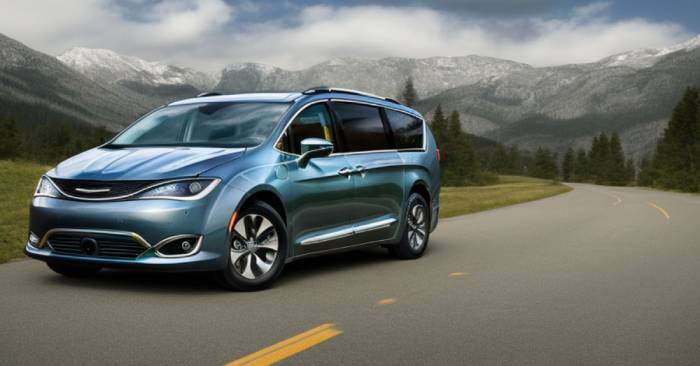
What are my options?
In the event you purchased or leased a Chrysler Pacifica in the State of California and you have presented your vehicle for repeat repairs related to the battery issue or any other issue, your vehicle may be a lemon! In the event your vehicle is a lemon, you are entitled to a vehicle repurchase or replacement vehicle under the California Lemon Law.
If you have experienced battery, electrical, engine, transmission or any other repeat issues with your Chrysler Pacifica Hybrid, you should consider filing an individual lemon law claim against the auto manufacturer, Fiat Chrysler Automobiles.
An individual lemon law claim can offer you control over the outcome of your case, and the opportunity to present the specific circumstances of your situation to be addressed. This can result in a more personalized remedy that is tailored to your specific needs.
What remedies are available under the California Lemon Law?
If your vehicle is deemed a lemon under the California lemon law, the following remedies may be available to you:
- Lemon Law Repurchase
A lemon law refund consists of the reimbursement of all monies you spent on the vehicle including your down payment, monthly payments (minus a usage fee for when you drove the vehicle without any problems), the reimbursement of all incidental expenses related to the lemon and the payoff of any remaining loan balance or remaining lease payments.
- Lemon Law Replacement Vehicle
This remedy consists of doing a collateral exchange for the vehicle that is deemed a lemon to one that is substantially similar. The consumer will be responsible for the usage fee and any difference in price between the two vehicles.
- Cash and Keep
This remedy is where you retain possession of the vehicle and get cash compensation for the issues you experienced with it.
- Attorneys Fees and Costs
As the prevailing party, the auto manufacturer is responsible to pay for your attorneys fees and costs! This makes your representation at no out of pocket expense to you! This is why pursuing a California Lemon Law claim is the right and easy decision!
What are the next steps?
To maximize your outcome, a highly skilled lemon law attorney can assist you in building the strongest case possible against the auto manufacturer. If you live in the state of California and are searching for exceptional lemon law legal assistance, we can help.
If you are interested in pursuing an individual claim against the auto manufacturer, we recommend consulting with an experienced lemon law attorney who can review your case and help you determine what you could be eligible to receive in recovery. At the conclusion of a lemon law case, you could stand to receive cash compensation, a replacement vehicle, or a lemon law refund.
The Lemon Law Experts hold a deep understanding of the laws and regulations concerning defective vehicles. Our attorneys are experts in California lemon law with a proven track record of success in cases against a wide range of auto manufacturers.
We have helped thousands of clients across the state receive the compensation they were entitled to. Our team is dedicated to achieving the best possible outcome for our clients and we will work tirelessly to ensure that you receive the compensation and justice that you deserve.
If you have any questions about your case, please let us know. Our firm offers a free initial consultation and case evaluation. This means that you can discuss your case with one of our experts to get a better understanding of your rights and potential recovery without any obligation or upfront fee. Call us or fill out an online case evaluation form on our website to get started today.


